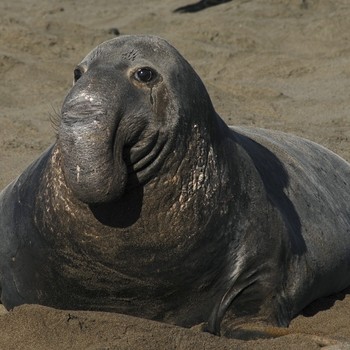A type of algae grows on a sloth. What must be true for the algae and the sloth to have a commensal relationship?
1 Answer
Oct 6, 2016
One organism benefits and the other is unharmed.
Explanation:
Commensalism refers to a relationship in which one organism benefits, whilst the other organism is not affected. For this to be a commensal relationship, either the algae or the sloth must benefit, but not both, otherwise that would be mutualism. Furthermore, the other organism which does not benefit must not be affected at all, as if the organism was harmed, the relationship would be parasitic.

